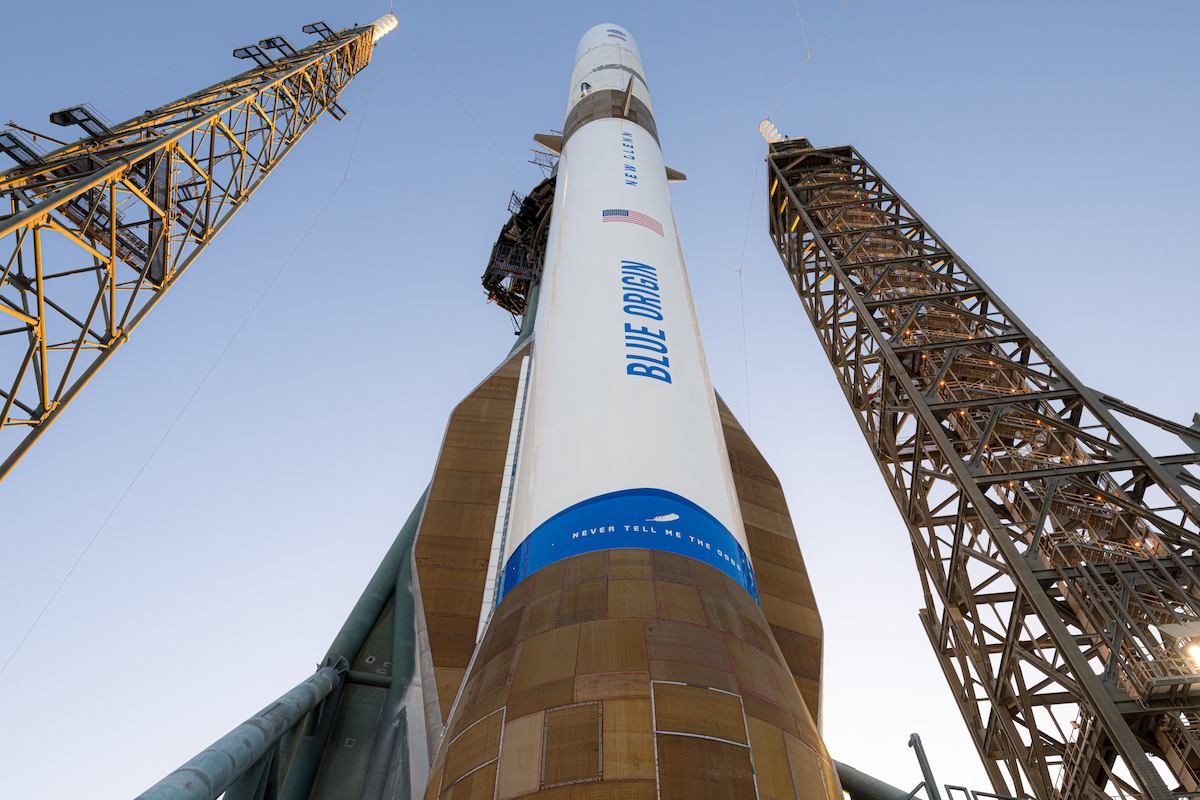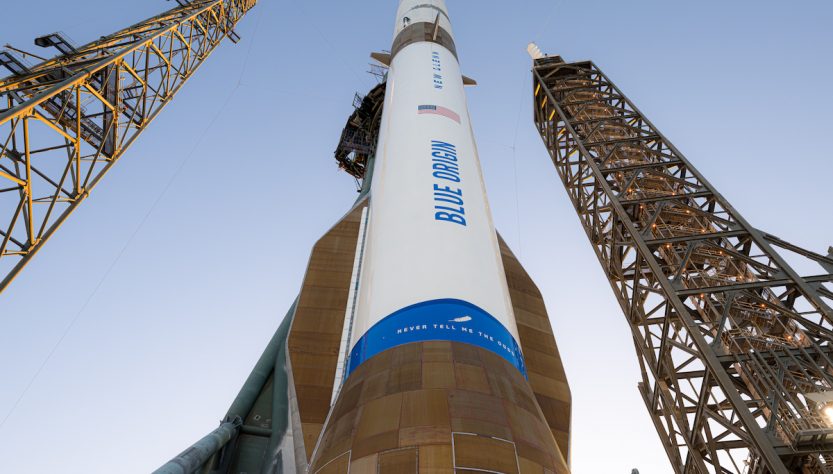
Blue Origin, the aerospace company founded by Jeff Bezos, postponed its second launch of the New Glenn mega-rocket that was scheduled for Sunday afternoon due to weather issues, several minor technical difficulties with the launch pad, and at least one cruise ship that entered the flight path.
Late on Sunday, the company announced it would make another attempt to launch New Glenn’s second mission on Wednesday, November 12. The Federal Aviation Administration (FAA) issued restrictions on space launches the previous week because of the government shutdown, and Blue Origin indicated in a post on X on Sunday that it collaborated with the FAA to facilitate the second attempt. The launch window opens at 2:50 p.m. ET and continues until 4:17 p.m. ET.
This mission holds significant importance for Blue Origin for several reasons.
Firstly, the company is working to demonstrate the complete reusability of the rocket. New Glenn successfully achieved orbit during its inaugural launch in January, but the booster was destroyed before it could be recovered on a drone ship in the ocean. Blue Origin aims to successfully land the booster for the first time during this forthcoming flight.
Additionally, this marks New Glenn’s inaugural commercial mission. The rocket is set to transport NASA’s ESCAPADE spacecraft to space, where it will commence a mission to Mars. New Glenn is also carrying a technology demonstrator for Viasat, affiliated with another NASA initiative. Demonstrating New Glenn’s capability to safely deliver payloads to space — and to do so cost-effectively, largely due to the rocket’s reusability — is vital if Blue Origin intends to compete with Elon Musk’s SpaceX.
Initially, Blue Origin aimed to launch the second attempt earlier this year, but it has experienced multiple delays. The launch window on Sunday in Cape Canaveral, Florida initially opened at 2:45 p.m. ET, with about 90 minutes allocated for the launch. Concerns over weather and technical issues with the launch pad caused several delays to that launch time.
As the timing became critical just minutes before the launch attempt, a cruise ship entered the flight path, as reported by the broadcast. Although the ship was expected to clear the area before the launch window concluded at 4:15 p.m. ET, the weather remained a concern, prompting the company to abort the launch attempt.
Techcrunch event
San Francisco
|
October 13-15, 2026

